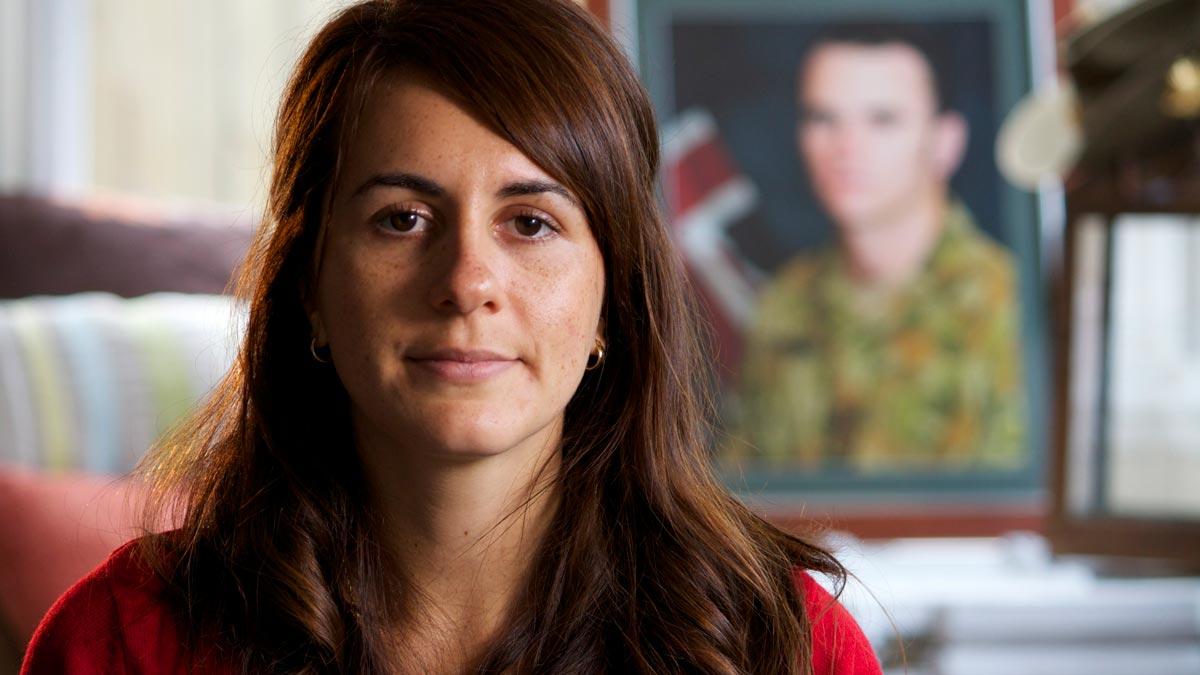Family
Healthy relationships help enhance the wellbeing of everyone in the family unit. That’s why Open Arms counselling is available to family members of anyone who has served one day of continuous full-time service in the ADF. Where there has been a death of a service person through suicide, parents and siblings can receive bereavement support.
Family counselling
Our counselling services can help you build strong and healthy relationships at all stages of family life. We can support your family to manage transitions, changes and challenges, including:
- absence of a parent during deployment, and adjusting when they return home
- as part of family counselling, helping children with concerns around changes and stressors like making friends at a new school
- understanding, identifying and working through trauma
- transitioning from the ADF to civilian life
- working through relationship breakdowns and challenges
- building a blended family
- supporting the family of a serving member who has died
All Open Arms counsellors understand military culture, the unique demands of military service and its impact on military families. Some counsellors have had military experience themselves.
Call Open Arms on 1800 011 046 to learn how we can help you build a happy, healthy and resilient family.
Helpful organisations
As a partner or family member of a serving or ex-serving member, a range of support services are available to help you and your family. If you are caring for someone, it's important to look after your own mental health and wellbeing as well.
As a partner of a veteran, you have access to support services, including:
- Open Arms – Veterans & Families Counselling. Open Arms provides free and confidential counselling to family members of current and ex-serving ADF personnel. You can call 24/7 on 1800 011 046.
- Your GP. Your GP can help you develop a mental healthcare plan if you or a family member is struggling.
- Relationships Australia. Relationships Australia offers a broad range of services to individuals, families and communities across the country such as counselling, mediation, and family dispute resolution. Contact your local service on 1300 364 277.
Online self-help
A range of online self-help programs are also available:
- Our interactive tools and self-help resources to help serving and ex-serving ADF members and their families manage stress and build resilience.
- Head to health provides access to information about mental healthcare services, as well as links to online self-help programs for families, children and parents.
Families of serving Defence members
ForceNet provides a secure means for Defence families to access authoritative information on Defence matters. ForceNet also connects families with the service related to their sponsoring Defence member - such as Defence Community Organisation and Defence Families of Australia.
Defence Families Australia provides information, advocacy and advice to Defence families.
Services for families of serving members are available through Defence Member and Family Support (DMFS), formerly known as the Defence Community Organisation (DCO). Including a family resilience program, Family SMART, and the 24-hour Defence Family Helpline (call 1800 624 608).
Violent, intimidating or controlling behaviour
Family violence prevention programs are run by Relationships Australia and help people deal with violence and/or abuse issues in their relationships, including targeted family violence programs.
You can also call the National Sexual Assault, Family & Domestic Violence Counselling Line 1800RESPECT on 1800 737 732 if you are worried about you or your family's situation.
Call us
To find out how Open Arms can help you, call 1800 011 046.
See also
-

Partners
Open Arms supports partners and some ex-partners of anyone who has served at least one day of continuous fulltime service with the Australian Defence Force. -

Children
Being the child of a veteran can lead to a unique childhood. Young people respond to the same things we do – they see, hear and sense things – but may not be able to understand or talk about their emotions and needs in the same way we can. -

Loss
Sadly, some families of serving members and veterans have to deal with the loss of their loved one. Strategies and assistance for coping with your loss can help get you through these difficult times.





